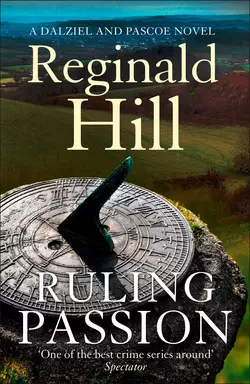Ruling Passion

Reginald Hill
Тип: электронная книга
Жанр: Современная зарубежная литература
Язык: на английском языке
Стоимость: 766.24 ₽
Статус: В продаже
Издательство: HarperCollins
Дата публикации: 16.04.2024
Отзывы: Пока нет Добавить отзыв
О книге: ‘One of the modern masters of the police procedural’ Sunday TelegraphPeter Pascoe is in shock. A weekend in the country with old friends turns into a nightmare when he finds three of them dead and the missing fourth a prime suspect in the eyes of the local police.They want his cooperation, but Superintendent Dalziel needs him back in Yorkshire where a string of unsolved burglaries looks like turning nasty.As events unfold, though, the two cases seem to be getting entwined…